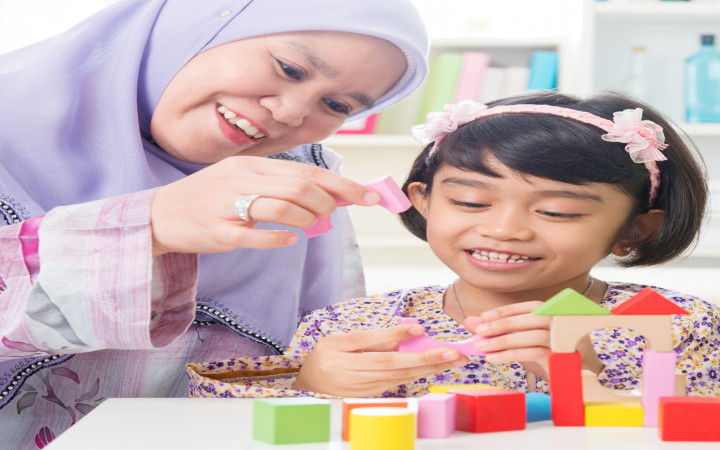Today’s Wonder of the Day was inspired by Hannah. Hannah Wonders, “What are the basic life skills?” Thanks for WONDERing with us, Hannah!
When you’re young, it seems like your job is mostly made up of going to school and learning. Some kids probably look forward to the day when they graduate. But guess what? We never really stop learning!
It’s true. Even as adults, we are constantly gaining new knowledge. Technology changes. Our jobs require new skills. We become curious about all sorts of things. Learning truly is a lifelong pursuit.
Even if you get tired of school from time to time, there are probably plenty of skills you look forward to acquiring. For example, most kids can’t wait to learn to drive a car. Others might want to learn skills for a hobby, such as archery, woodworking, or playing an instrument.
Of course, there are also other valuable life skills you need to learn that might not be as exciting. These can include things like doing laundry, paying bills, balancing a checkbook, and changing the oil in an automobile.
All this talk about learning might have you WONDERing. How do people acquire new skills, anyway? People do so in school, of course, but often, kids gain just as much knowledge at home! You can probably think of at least a few skills you’ve learned from your adult family members.
Do you remember learning to tie your shoes? How about counting? Maybe your parents or caregivers have taught you to do household chores or make lunch. Odds are, they used one of a few different strategies.
Maybe they gave you instructions. Explaining how to do something is one good way to teach a new skill. Or perhaps an adult family member modeled a task for you. Many people learn best by watching others do something correctly. An adult may have also broken down a job into steps for you. Step-by-step teaching is another great way to pass on skills.
Many caregivers find this method for teaching new skills useful: (1) You do it for them; (2) You do it with them; (3) You watch them do it; and (4) They can do it independently. This slowly releases the responsibility for a task to the person learning. It’s a great way to balance support and independence.
Learning from family members can be a great experience. It feels good to be supported by those you love. But sometimes, it’s good to learn things by trial and error, too. Experiencing challenges and failure can teach us all valuable lessons.
Unfortunately, not all kids get that opportunity. In fact, college counselors have recently seen a new trend. An increased number of new students lack many of the basic skills they need to survive in the world on their own. Some experts blame so-called “helicopter parents” for this. The term “helicopter” is used to describe caregivers who hover over their children, controlling all their actions.
Helicopter parents are characterized by being overprotective, over-controlling, and over-focused on their children. They guide their children’s every move, worried that their children will fail or not achieve the parents’ dreams for them. This can have many negative consequences. These include decreased confidence, low self-esteem, and increased anxiety. It can also lead to underdeveloped life and coping skills.
Do you ever feel like you need more room to learn and sometimes fail on your own? Just ask for it! Talk to your adult family members about skills you want to learn, and ask them to help you. You can also ask them to let you try out your new skills on your own, even if you might fail at first. You know what they say—practice makes perfect!
There are plenty of useful skills you can acquire with guidance from an adult. In fact, experts recommend eight basic skills all kids need to know before they turn eighteen. Ask your adult family members to help you learn to talk to new people and navigate the world. They can also teach you how to manage time and budget. You can also acquire skills such as running a household and handling interpersonal problems. Adults can even help you learn to take risks and cope with the highs and lows of life.
Just remember, it’s all about balance! There are many times when kids need help and attention from the adults in their lives. But it feels great to try out a new skill on your own, too. Talk to your parents or caregivers today about things you’d like to learn.
Standards: CCRA.L.3, CCRA.L.6, CCRA.R.1, CCRA.R.2, CCRA.R.4, CCRA.R.10, CCRA.SL.1, CCRA.W.3, CCRA.L.1, CCRA.L.2




